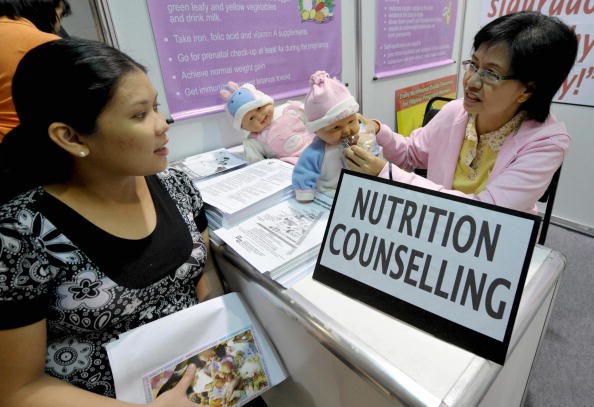An expert on OB-GYN stated that doctors should stop hesitating in informing women to consider weight loss before having a baby.
Professor Lesley Regan, the new President of the Royal College of Obstetricians and Gynaecologists says that young women most often think a layer of 'padding' will protect the baby during pregnancy.
Daily Mail online reported, yet being overweight makes it harder to get pregnant and although obese woman conceives, there's a risk of miscarriage or gestational diabetes and there is also a higher chance for deterioration in baby's health.
"As a medic, I have a responsibility to have frank conversations with young women and warn them that they need to lose some weight." Professor Regan, a specialist in obstetrics and gynecology at Imperial College Lo don says.
"Sometimes these conversations can be difficult as people can get very defensive about their weight. But I do think maintaining a healthy body weight is very important and doctors have a role to play in empowering women to lose weight and improve their own wellbeing and their child's." Professor says. Closely 20 percent of pregnant women are either overweight or obese.
Medicalxpress reported that in 2014, nearly seven million women in the UK were identified as obese. By 2025, it is assessed that approximately 1 in 5 women in the world will be obese. Obesity is a big risk factor for gestational diabetes that increases the likelihood of the disorder three - five fold. Women with the disorder need intensive antenatal care to have a control on blood glucose and also to identify few other common complications specifically fetal macrosomia - a new born who's notably bigger than average.
Most commonly in practice, all obese pregnant women can be grouped for having an equally high risk of gestational diabetes while in reality, only around 25 percent will develop the disorder.
In the study, funded by the National Institute for Health Research (NIHR), the team examined at how to correctly identify obese women with intensive risk, early in pregnancy and as a result, enable timely intervention to those women most likely to benefit.
From the several factors tested, it is predicted gestational diabetes included older age, health issues in earlier pregnancy, higher blood pressure and anthropometric measures such as skin thickness, waist, and mid-arm circumference.



























